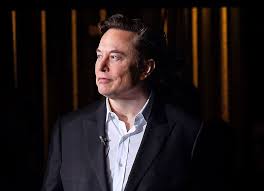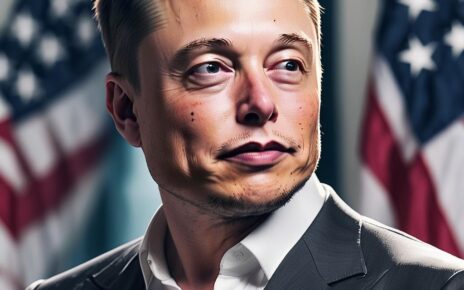Elon Musk’s reported plan to donate $45 million a month to a new pro-Trump super PAC has ignited a significant debate about his shifting political allegiances and the broader implications for the upcoming 2024 presidential election. This substantial financial commitment underscores Musk’s transition towards right-wing politics, marking a notable departure from his previously ambiguous political stance. It also positions him as a prominent backer of former President Donald Trump, providing a considerable boost to Trump’s efforts to reclaim the White House on November 5th.
The Wall Street Journal’s report reveals Musk’s intention to begin his donations in July to America PAC, a group dedicated to supporting Trump’s presidential bid. However, despite these claims, Musk’s name was conspicuously absent from a recent filing by the PAC, which disclosed contributions totaling over $8 million. Notable donors listed included Lonsdale Enterprises, with a $1 million contribution, and the Winklevoss Twins, who each donated $250,000.
This move by Musk has raised eyebrows and sparked discussions about the motivations behind his decision. Musk, known for his entrepreneurial ventures and innovative vision, has previously maintained a more centrist political stance, occasionally expressing views that align with both sides of the political spectrum. His public endorsement of Trump, especially in light of the recent incident where Trump was injured at a campaign rally, signals a definitive shift in Musk’s political positioning.
Critics argue that Musk’s significant financial backing could have a profound impact on the election, potentially swaying undecided voters and bolstering Trump’s campaign efforts. In contrast, supporters view this move as a legitimate exercise of Musk’s influence and resources to support a candidate he believes in. This development also highlights the increasingly blurred lines between business and politics, where influential figures like Musk can play pivotal roles in shaping the political landscape.
The endorsement comes at a crucial time for Trump’s campaign, which has recently announced Ohio Senator J.D. Vance as Trump’s vice-presidential running mate. With the Republican Party officially nominating Trump, Musk’s financial support could prove instrumental in energizing the campaign and garnering broader support.
Musk’s silence on the matter, alongside the lack of response from Lonsdale Enterprises, adds an element of intrigue to the situation. As the election approaches, the dynamics between high-profile endorsements, substantial financial contributions, and their effects on voter sentiment will be closely scrutinized. The interplay of these factors could potentially redefine the strategies employed by political campaigns in the future.
In conclusion, Elon Musk’s decision to donate a staggering $45 million a month to a pro-Trump super PAC represents more than just financial support; it signifies a substantial shift in his political alignment and underscores the growing influence of wealthy individuals in the political arena. As the 2024 presidential election draws nearer, the ramifications of this move will undoubtedly be a focal point of political discourse and analysis.





